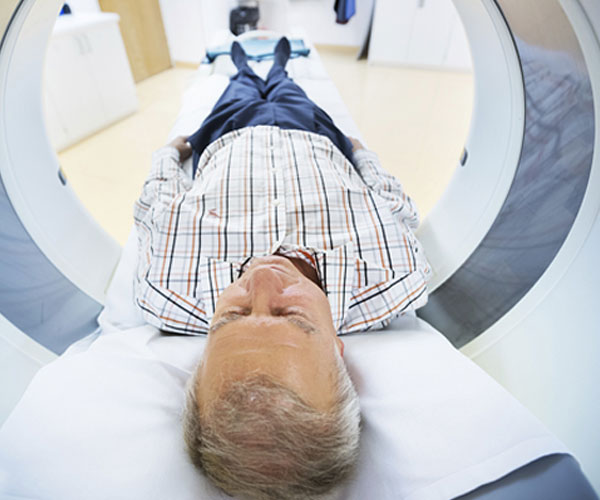Alzheimer's Disease (AD) is a brain disease that causes difficulties with memory, thinking and behaviors. The symptoms impose significant challenges on patient’s life and deteriorate over time. Patients and their families suffer from ambiguous diagnostic practice and lack of treatment. Fortunately, as molecular biology advances, we are at a pivotal moment of fighting AD, looking into several revolutionary tools and medicines coming to the market soon. In the past decade, Creative BioMart has established Alzheimacy, a Technology Division for AD research, and conducted continuous research on the mechanisms and treatment of AD and has been helping expedite AD research in solving study bottlenecks, improving efficiency and precision, and reducing the drug development cost and cycles.
Alzheimacy provides comprehensive technical support to research institutes, biotechnology innovators, and patient advocacy groups around the world, and believes the future of stopping AD is no longer far away. Let’s team up and solve the challenge together!
While it is known that AD involves the failure of nerve cells, it's unclear why it happens and how it happens.


AD causes changes in the brain, which can change how people behave. Early detection is very important for the treatment of this serious disease.


There is no single test that proves a person has Alzheimer's. Workups are designed to evaluate the overall health and identify any condition that could affect how the mind is working. When other conditions are ruled out, doctor can determine if it is AD or other types of dementia.
Currently, there is no cure for Alzheimer's and no way to stop the underlying death of brain cells, however, medications and non-drug treatments may help with both cognitive and behavioral symptoms.

If you are seeking for a reliable supporter for basic research and pre-clinical development of new drugs and generics against Alzheimer's disease, Alzheimacy can provide key suggestion and necessary research assistance to overcome the obstacles and help you achieve your goals. Welcome to consult and challenge our experts.